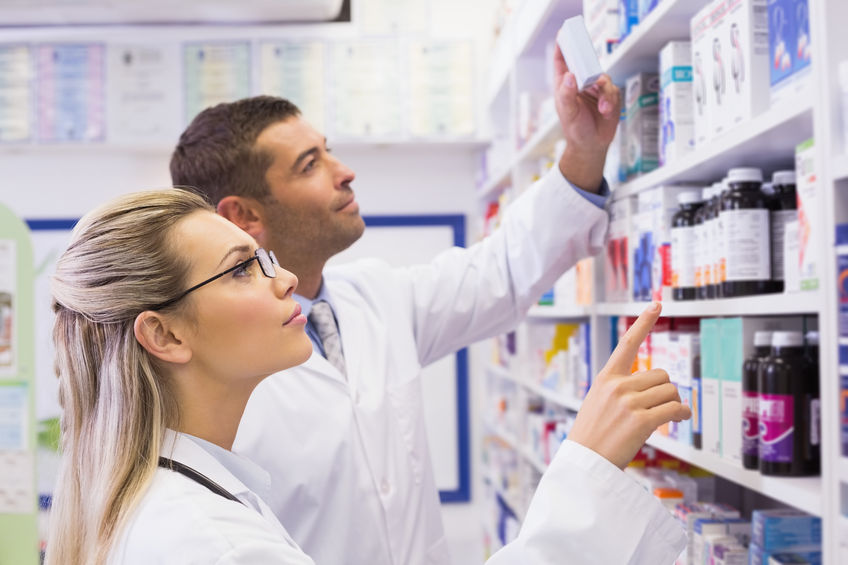Expanding Patient Services in the Independent Community Pharmacy
Years ago, I came across one of those dream jobs that seems like it would be a lot of fun: being a “Cool Hunter” to watch for the next big fashion or advance.
Greetings from NOLA – New Orleans, Louisiana! The National Community Pharmacists Association has chosen just about the most comfortable time of the year to visit the Big Easy. NCPA is the professional association representing independent community pharmacists; this is the meeting where I expect to see the cool things that are coming in community pharmacy. This is a glimpse into the future.
Community pharmacists are enthusiastic about serving patients.
Independent community pharmacists do not have the financial and political advantages of large pharmacy chains, but complete most effectively based on their ability to provide personalized pharmacy care that helps patients. Independent community pharmacists are the folks that most often pioneer new patient services.
About 15 years ago independent pharmacists showed that the counseling care they provide to patients with various disease states – diabetes, high blood pressure, high cholesterol, asthma – not only keeps patients healthy but also SAVES MONEY on overall health care costs.
Pharmacists were up early on Saturday sharing their experiences on working with prescribers to offer new pharmacy services such as diabetes education and fingerstick lab testing to monitor the effectiveness of medicines for diabetes.

Community Pharmacy!
Pharmacists can monitor a number of medical conditions to make sure that drug therapy is effective: diabetes, hypertension and cholesterol.
When we consider that many patients (for example, about HALF the patients with high blood pressure) have uncontrolled disease states, pharmacy-based services can greatly enhance patient care. For example, a patient whose blood pressure is poorly controlled on medication will not typically have that medication adjusted until they next visit their prescriber. If a community pharmacist can monitor blood pressures and side effects each time the patient visits the pharmacy, the pharmacist can work with the prescriber to have medications adjusted sooner.
Currently, independent pharmacists have implemented programs to make it easier for patients to get their medicines through “medication synchronization”, a program that provides patients with all their medicines at the same time each month: one stop shopping with your medicines ready when you arrive.
- Expect to see more independent pharmacies providing additional health services.
- Pharmacists already provide immunizations in most states.
- Pharmacists are also in a position as drug experts to monitor the effectiveness of your medications.
- Many pharmacies measure blood pressure, and some have added fingerstick testing for blood sugar or hemoglobin A1c for diabetic patients and cholesterol testing for patients with lipid abnormalities.
Next time you pick up your medicines at your pharmacies, talk to your pharmacist about your medicines, how he or she might work with you and your prescriber to monitor your treatment and optimize your medications.
Take the initiative to make sure that your medicines are working and that your pharmacists is working for you. Pharmacists at your community pharmacies are always there to help.
Resources:
http://www.cdc.gov/cdcgrandrounds/archives/2014/oct2014.htm
http://www.pharmacist.com/how-get-most-your-pharmacist











